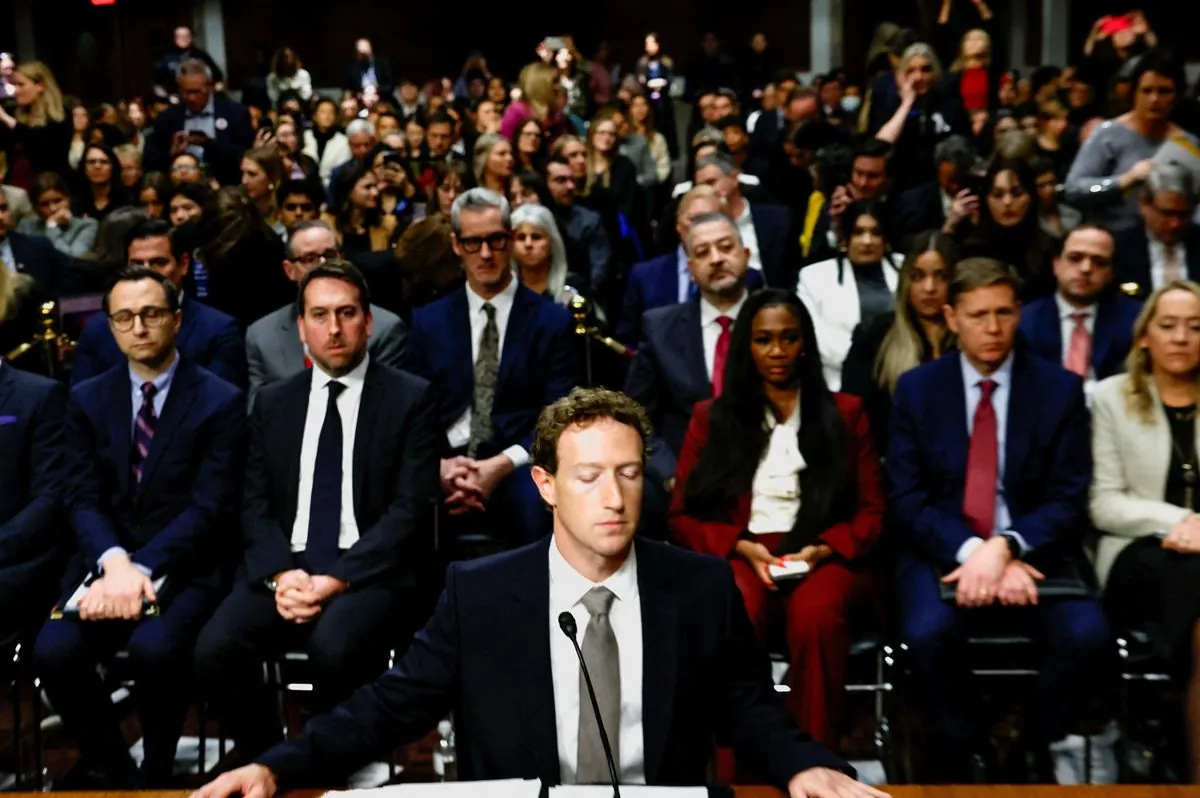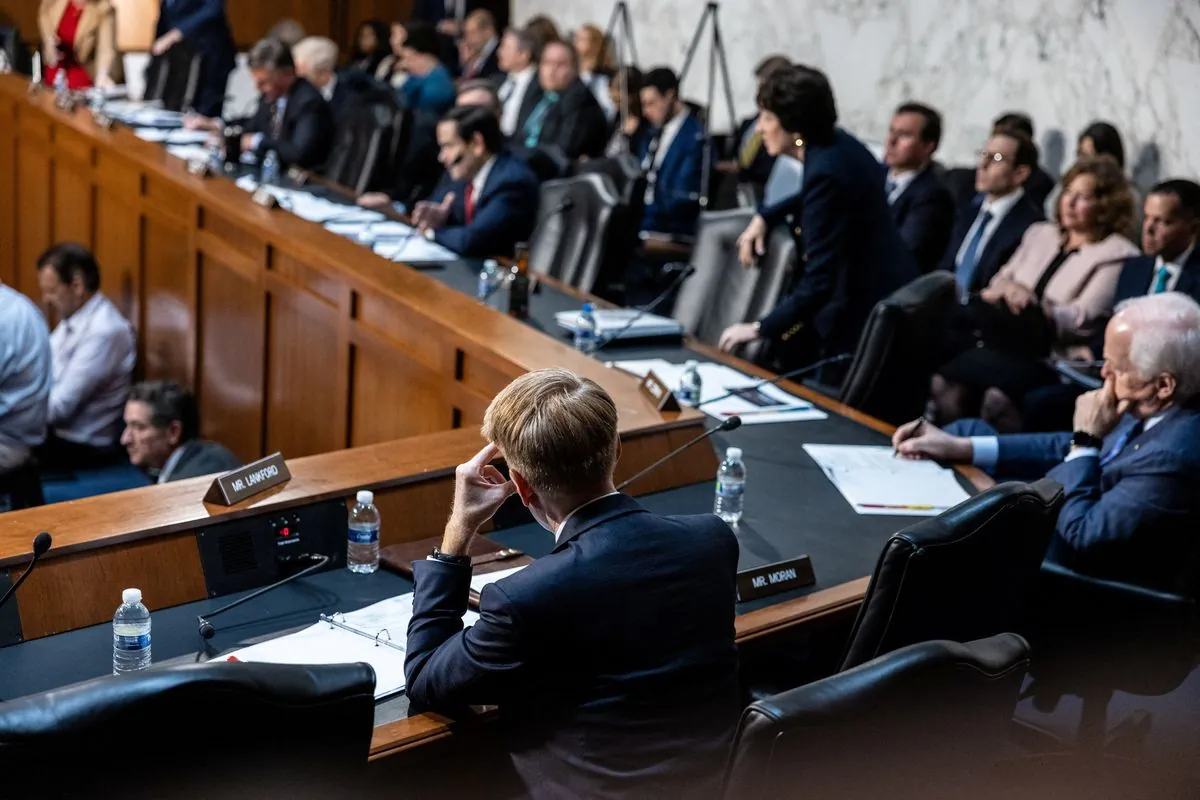Tech Giants Testify on Election Disinformation Preparedness
U.S. lawmakers questioned tech executives about combating foreign disinformation ahead of November elections. The 48-hour period around Election Day was identified as the most vulnerable time for potential threats.

In a recent U.S. Senate Intelligence Committee hearing, tech industry leaders addressed concerns about foreign disinformation threats in the upcoming November elections. The session, held approximately 48 days before Election Day on November 5, 2024, focused on the critical 48-hour window surrounding the vote.
Brad Smith, President of Microsoft, emphasized the potential dangers lurking in the immediate pre-election period. He cited a case from Slovakia's 2023 election, where a fabricated voice recording of a party leader discussing vote manipulation surfaced shortly before polling day.
"There is a potential moment of peril ahead. Today we are 48 days away from the election... the most perilous moment will come, I think, 48 hours before the election."
Senator Mark Warner, chair of the committee, concurred with Smith but extended the concern to the 48 hours post-election, particularly if results are close. This heightened vigilance reflects the evolving landscape of digital threats to democratic processes.
Representatives from Google and Meta also participated in the hearing. Notably absent was X (formerly Twitter), whose invited witness had recently resigned. TikTok was not asked to attend, according to a company spokesperson.

The committee's focus on election integrity comes in the wake of a recent U.S. crackdown on alleged Russian influence operations. These efforts involved the creation of fake websites mimicking legitimate news sources like Fox News and The Washington Post. Senator Warner pressed the tech executives for data on the reach of such deceptive content.
In response to concerns about AI-generated deepfakes, Smith and Nick Clegg, Meta's President of Global Affairs, outlined their companies' strategies. Both emphasized the use of labeling to identify potentially misleading content, with Clegg adding that Meta might also limit its circulation.
The hearing underscored the tech industry's crucial role in safeguarding electoral integrity. As AI technologies advance, making the creation of convincing fake images, audio, and video increasingly accessible, the challenge of distinguishing truth from fiction grows more complex.
This collaborative effort between lawmakers and tech companies represents a critical step in fortifying the U.S. electoral system against sophisticated disinformation campaigns. With over 200 million registered voters in the U.S., the stakes for maintaining the integrity of the democratic process have never been higher.


































